

PALM OIL: IS YOUR SKINCARE KILLING ORANGUTANS?
Is that bottle of shampoo on your bathroom shelf worth a life?
The Palm oil story
Let me tell you a story of a faraway place where the orangutans swing in the trees and the tigers prowl, there grows a magical fruit. When pressed, it makes a very special kind of oil which makes chocolate less melty, cookies creamier, crisps more crispier and soap…well… soapier. It can even help make your car a bit more carbon neutral.
This magical fruit is really easy to grow, and the fruit has lots of this special type of oil – which makes people from around the world keep coming back to buy this oil because it’s easy to produce, the price is much lower.
Yet the people kept coming, for more… and more. In the places this fruit grew, the people there burned down the forest to grow more. This left all the creatures of the forest with nowhere to live and the air filled with acrid smoke. This made the people who used this magical oil very upset – they love the magical creatures of the forest, the orangutans, tigers, elephants and rhinos. So, it was decided they shouldn’t use the oil any more – but that didn’t stop the forest from burning. The forest kept burning because things went on as before, this magical oil had already found its way into everything.
This isn’t a story though, it’s reality. Oh and the magical fruit, it’s not magic, it’s the fruit of the oil palm tree, Elaeis guineensis. As a high-yielding crop, its cultivation is at least 10 times cheaper than soy, a once-industry leader. It’s also extremely resistant to rancidity, lending its use to the food, cosmetic, and skin care industries. Around 70% of the world’s cosmetic and skin care products contain palm oil and its derivatives, according to Croda global accounts vice president, Chris Sayner.
How did palm oil end up reaching every corner of our lives?
It wasn’t an orchestrated plan or a single innovation that caused it’s use to soar. It was simply the perfect commodity at the right time for every industry to use. All whilst, at the same time, producing nations view palm oil as a poverty-reduction scheme, while international finance organisations view it as a growth engine for developing economies. The International Monetary Fund (IMF) has pushed Malaysia and Indonesia to produce more.
As the palm industry expanded, environmental organisations like Greenpeace and conservationists like World Wildlife Fund raised the alarm about it’s devastating effects on the environment. Here in the UK, near Christmas, I watched Iceland Food’s fantastic advert – Say hello to Rang-tan.
Even despite the backlash, palm oil has been so deeply embedded in daily life, it is almost impossible to remove. Even Iceland found it impossible to fulfill its 2018 pledge. Instead, the company ended up removing its branding from foods containing palm oil rather than removing palm oil from all of its branded foods.
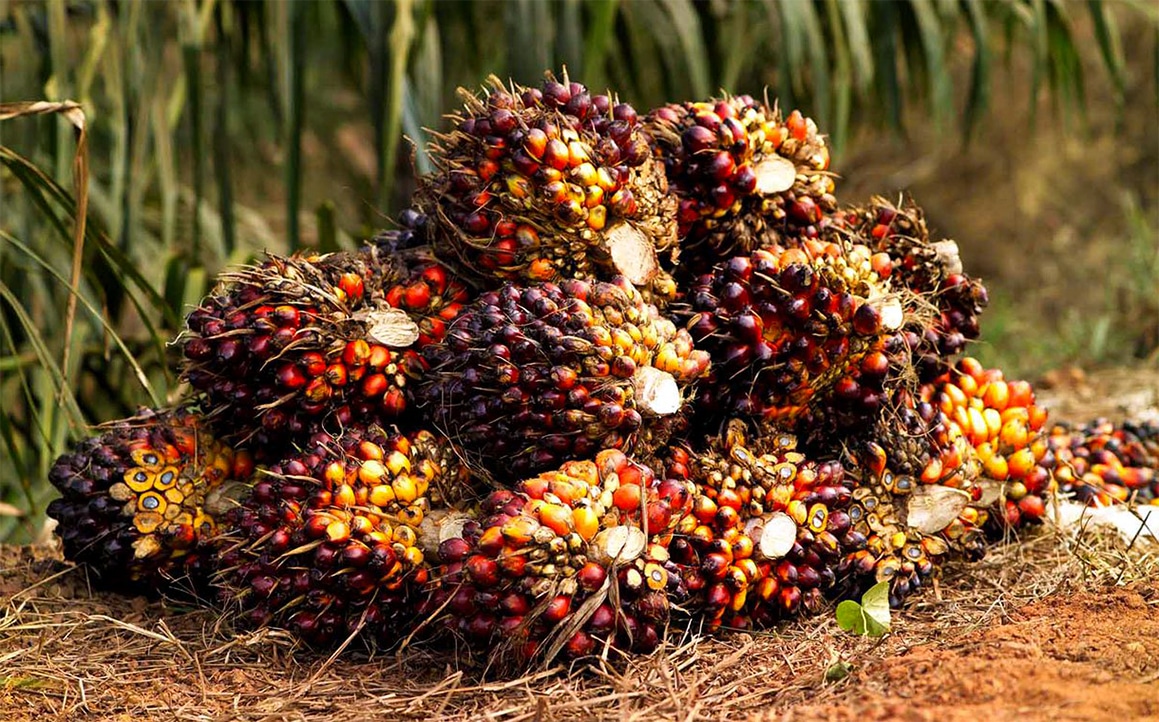
The good, the bad and the ugly of Palm Oil
Even though the task may be difficult, shouldn’t we still push for palm-oil free products? If only the world was simple, but it isn’t – this new study says that planting alternative oils could pose an even bigger danger to living things.
The reality of palm oil is very complex. Palm oil makes up 35% of the world’s vegetable oil supply but only takes up 10% of the world’s land allocated to producing the greasy stuff. To replace it with rapeseed, soy or sunflower seed oil would take far larger amounts of land, in fact up to nine times the amount needed for palm – and grown with far more resources. It’s likely that such a move would see a displacement of diversity loss, with many more species in different places under threat, it will just push the problem elsewhere as the demand for natural oils will still be here.
How can you help?
The issue surrounding palm oil, is not an issue of palm oil itself. It’s an issue of weak governance, laws and policy. Avoiding palm oil could have worse effects because it might take support away from companies that are trying hard to improve the situation. This could encourage companies to use other products that may have even more impact on the environment. Palm oil is by far the most efficient vegetable oil to grow. Palm oil can be produced in a responsible manner that respects the environment and the communities where it is commonly grown.
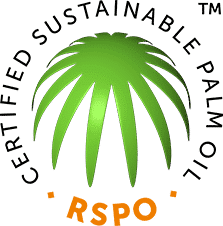
Look for the RSPO label
to ensure you purchase products made with certified sustainable palm oil. This label gives you the confidence that the palm oil was produced in a socially and environmentally responsible way.
Most packaged products are labeled with their companies’ contact information. Call or write the company and urge them to use certified sustainable palm oil and take other actions to support a more responsible palm oil industry, such as helping small-scale farmers improve their sustainability practices.
Here at R10 Labs, the miniscule amounts used in just one of our products, we are pleased to announce has been sourced from an RSPO sustainable source, as part of our initiative to reduce the environmental costs to the planet.
The Science in Skincare is our ongoing series helping consumers better understand the science in skincare. We translate the science into a format that is much easier to read, bust the myths and give you a clear, transparent and honest assessment so you can make an informed choice of what goes onto your skin.
Be the first to hear about our new articles by signing up to our email newsletters or by following us on Facebook or Twitter
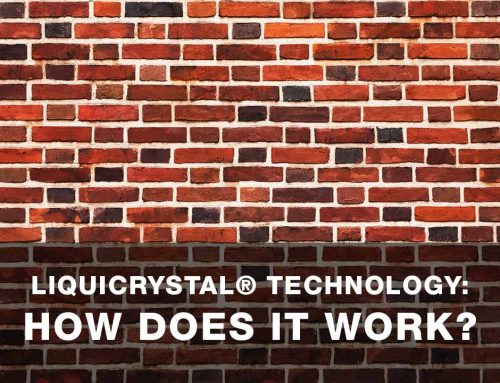

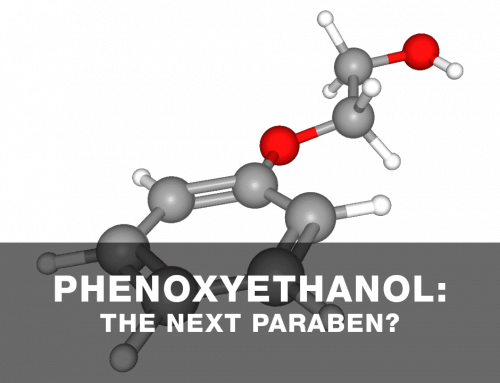
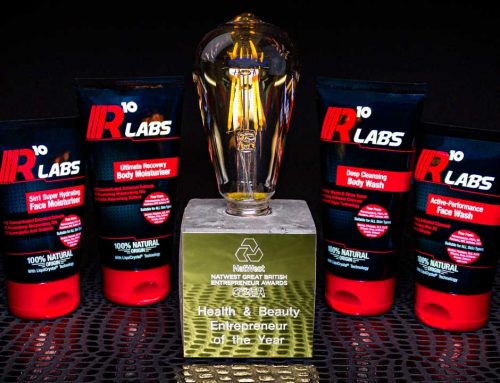

Leave A Comment